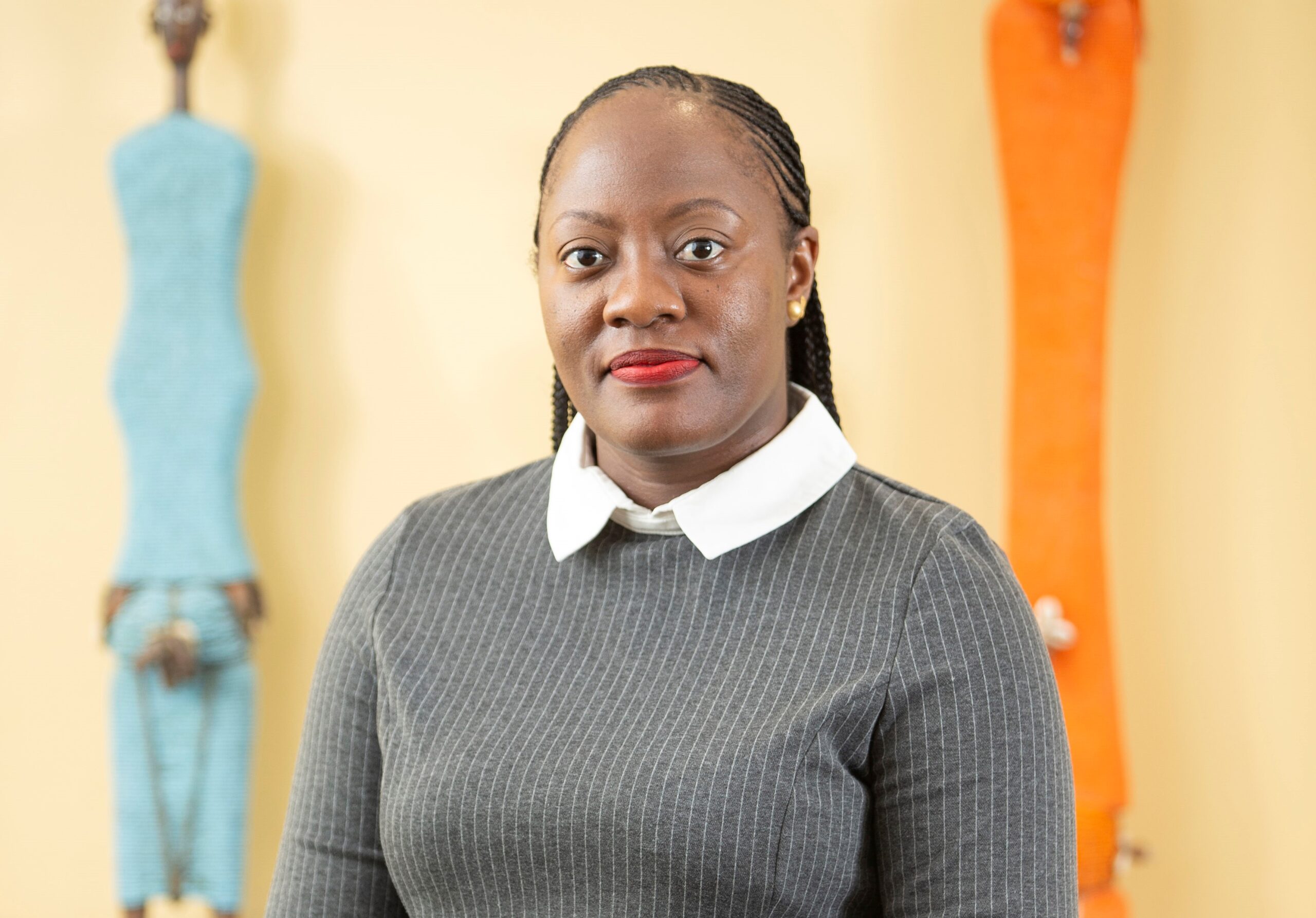Dfcu bank headquarters
On 8 January 2024, the UK Supreme Court ruled that it had decided not to grant dfcu bank permission to appeal in Claim No. CL-2020-000859 involving Crane Bank Limited (CBL).
It should be noted that in December 2020, CBL filed a claim in the English courts challenging the transaction relating to the acquisition of some of the assets and assumption of some of the liabilities of CBL to dfcu. The transaction was pursuant to the Bank of Uganda (BOU)’s statutory powers under the Financial Institutions Act.
Dfcu filed an application challenging the jurisdiction of the English courts to hear the claim (the Jurisdiction Challenge) on grounds that the actions of the BOU were an act of the State of Uganda exercised in pursuit of the constitutional and statutory powers of BOU, in respect of which an English court should not inquire into. The English High Court agreed and ruled that the English courts did not have authority to hear the claim.
The Claimants appealed to the Court of Appeal, and judgment was delivered on 26 July 2023. The Court held that, while dfcu and the other Defendants who challenged jurisdiction may be right that the English Court does not have authority to consider the claim, as some of BOU’s acts may be of a commercial nature and/or there may be public policy reasons why the English Court should decide the claim, this issue should not be decided at a preliminary stage through a jurisdiction challenge but should be determined through a trial.
The Court of Appeal made no decision on the underlying facts or on the merits of the claim as these issues were not before the Court. The factual allegations will be for the trial judge to determine. On 23 August 2023, dfcu applied to the UK Supreme Court for permission to appeal the Court of Appeal’s decision. On 8 January 2024, the UK Supreme Court informed the parties that it had decided not to grant permission to appeal.
What the decision means
As the Supreme Court has not given permission to appeal, the case will therefore proceed to a trial on the merits and dfcu will file its defence. Dfcu maintains that the claim is without merit and the same will be vigorously defended at trial in the English Courts.
Why did dfcu challenge jurisdiction in the first place?
dfcu challenged jurisdiction because it believed it had good grounds to do so. The Claimants are seeking to litigate the legality of the acts of a Ugandan government entity, Bank of Uganda, in the English courts.
Does this mean that the allegations made by the Claimants are true?
According to legal experts, it’s a no because the Supreme Court did not make any factual findings. The factual allegations will be for the trial judge to determine at trial. dfcu strenuously denies the allegations made against it and always had done so.
Does this make it more difficult for dfcu to defend the claim?
The Supreme Court did not finally determine whether the English court is entitled to determine the legality of the acts of the Bank of Uganda, it simply held that this is an issue for the trial judge to determine.
What is the impact of the decision on the Bank’s operations/ Is customers’ money safe?
The outcome has no bearing on the Bank’s day to day operations. Litigation is part of normal business. The decision concerned a preliminary matter, and the Group will continue to vigorously defend itself in the claim.
Assurance to customers and other stakeholders
According to dfcu management, the Bank has a strong financial position with its capital ratios more than 12% above the regulatory thresholds, placing it firmly among the top five most capitalized banks; and was among the first banks to comply with the revised Bank of Uganda minimum core requirements of UGX 150bn by 30th June 2024.
The Group remains profitable and paid a dividend to its shareholders at the last Annual General Meeting.
Additionally, the Group has strong shareholders, which include Arise BV, Danish Investment Fund (IFU), National Social Security Fund and Kimberlite, among others.
dfcu has a strong heritage in Uganda since 1964, and has been at the forefront of transforming lives and businesses in all sectors of the economy for the last 60 years.
The Group has a solid management team, which continues to drive the Bank’s strategic objectives to transform lives and businesses in Uganda.





